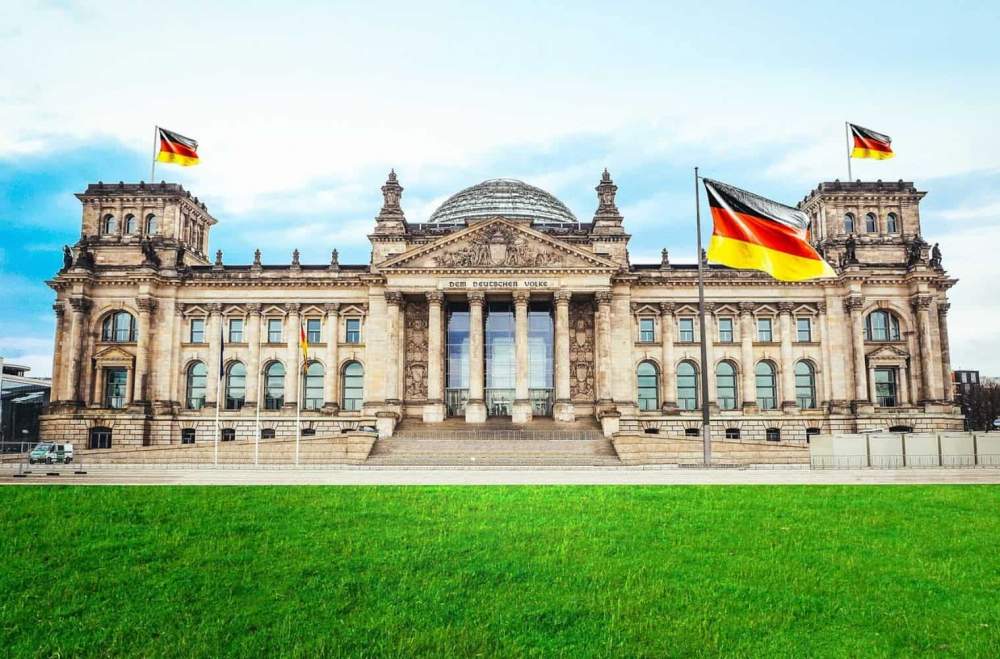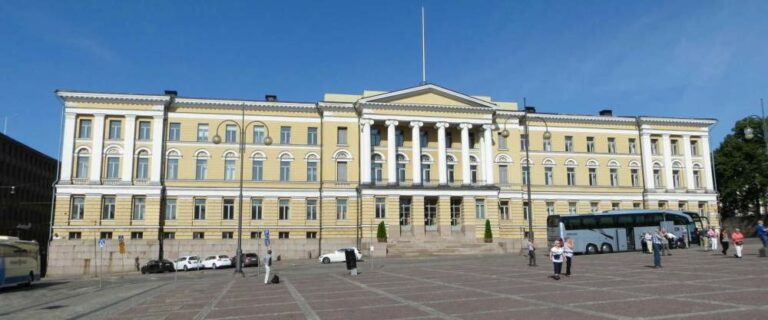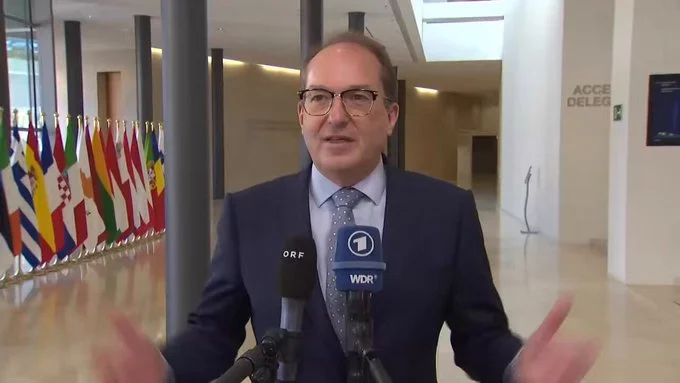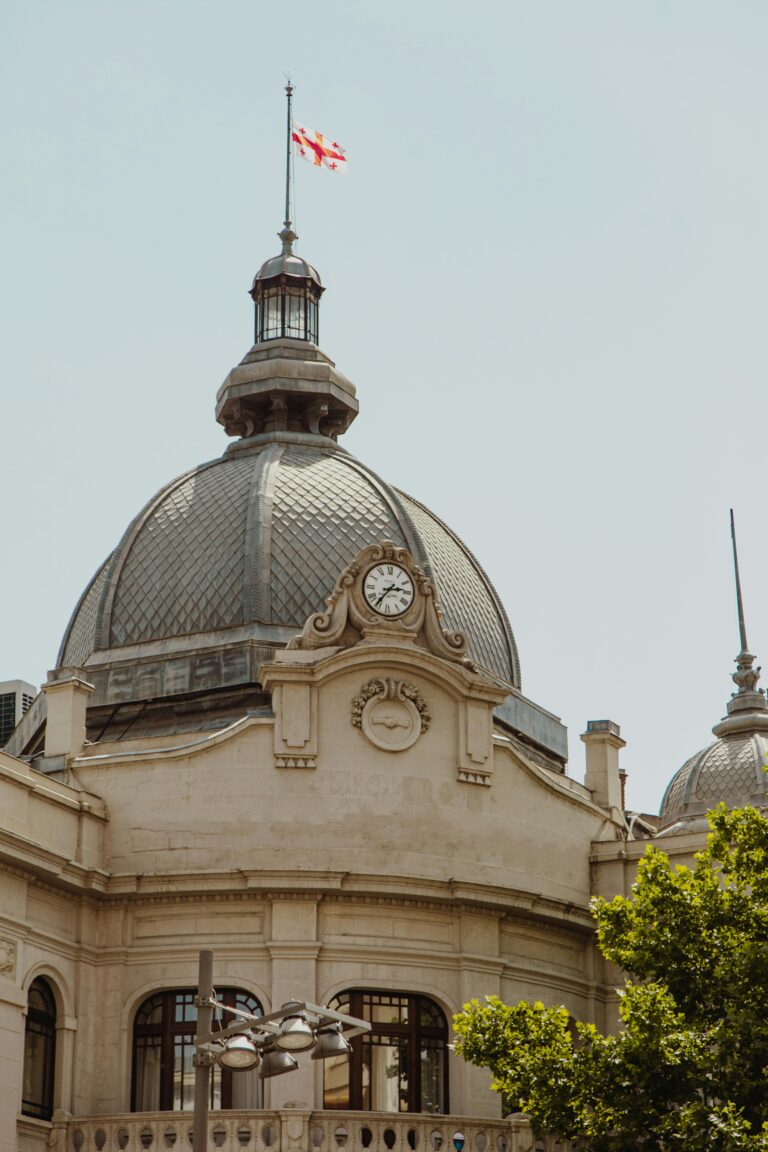I am sharing ‘Germany’ with you
Germany’s migration opportunities
Did you know that Germany is one of the cheapest study destinations in Europe with impeccable international educational reputation?
Did you know that as a student in Ireland, you can work part time for up to 20 hours per week earning about 8.5 – 12 euro per hour?
Fees
Germany hosts over 380 universities, offering over 17,000 programmes and is ranked 3rd most popular university destination globally after UK and US. One of the major reasons to migrate to Germany is the concept of free tuition in most universities, although not all are free. However, private universities that accept tuition are still low compared to USA, Canada or Australia that expect you to pay between $10,000 – $50,000 per year. Tuition is free at public universities except at Universities in the Baden-Wurttemberg area, where students pay 3,000 euros per year as tuition fees (except refuges and PhD students). Regardless of the free tuition policy, students might be required to pay around 350 euros (175,000 naira) to cover enrolment, administration and student support.
Top scholarships to apply for in Germany
- DAAD Scholarship: Scholarships to study at undergraduate and postgraduate level offered by The German Academic Exchange Service.
Non-government awards also exist for study in Germany. These include:
- Marie Curie International Incoming Fellowships (IIF) for Developing Countries: Available for postdoctoral research. Many scholarships available for students from developing countries.
- Einstein International Postdoctoral Fellowship – Fellowship sponsored by the Einstein Foundation for postdoctoral research at a university in Berlin.
- Heinrich Böll Scholarships for International Students – Scholarships for international students at all levels wishing to study in Germany at an accredited institution. The next deadline is 1st march (annual)
- Humboldt Research Fellowships for Postdoctoral Researchers – Postdoctoral scholarships for scientists and scholars of any subject and nationality. Students from developing and emerging countries may be eligible to apply for a Georg Forster Fellowship.
- Konrad-Adenauer-Stiftung (KAS) Scholarships – Monthly master’s and PhD scholarships are available for international applicants under 30 who have completed a university degree in their home country. You’ll need to provide evidence of an above-average academic performance, have been actively involved in voluntary work for the benefit of society in your home country, and have an interest in political issues.
- Kurt Hansen Science Scholarships – Science scholarships to study in Germany, funded by the Bayer Foundation and open to students who are training to become educators in the field of science.
- Mawista Scholarship – Scholarships for those studying abroad while taking care of a child, including those pursuing study in Germany.
- Deutschland Stipendium – Merit-based scholarships of €300 a month are available to highly talented students enrolled at German universities. Nationality and personal income do not affect your chances of being considered.
- The Helmholtz Association – Annual fellowships are available for doctoral and postdoctoral students from around the world, giving them the opportunity to do paid research at a Helmholtz center in Germany.
Many institutions will offer university-specific opportunities to study in Germany. These include:
- Heidelberg University: Many opportunities are available to students. One of these, The Amirana Scholarship, supports students from developing countries who wish to study medicine or dentistry.
- Frankfurt School of Finance and Management Doctoral Tuition Waivers: Doctoral students on English medium courses in finance, accounting, mathematics and business administration will have tuition fees waived with this application.
- Universität Hamburg merit awards: For those students enrolled for a minimum of two semesters, who have demonstrated outstanding ability (any degree level, any subject).
- RWTH Aachen programs: Funding available for international and domestic students.
- DRD Scholarships for Sub-Saharan Africans – Merit-based scholarships for students from developing countries in Sub-Saharan Africa pursuing a master’s degree in development studies, public administration and development management at Ruhr-University Bochum. Program twinned with UWC in South Africa. More scholarships for African students are available here.
- FRIAS Cofund Fellowship Programme for International Researchers – German scholarships for international students to study at Universität Freiburg on a research-level program.
- Hamburg University of Applied Sciences Masters Scholarships – Scholarships for international students (for all subjects excluding design, public health and public management) enrolled on a master’s program at the university.
- HHL International MSc Scholarship for Effective and Responsible Leadership – Scholarship opportunities to study management at master’s and PhD levelsat HHL Leipzig Graduate School of Management.
- Humboldt University International Research Fellowships – Research fellowship opportunities for international students pursuing research in history, anthropology, law, sociology, political science, geography, economics or area studies at Humboldt University. Look out for the latest round of applications here.
- International Doctoral Positions at Graduate School of East and Southeast European Studies – Scholarships to study at graduate level within Ludwig-Maximilians-Universität Munich or Universität Regensburg as a research fellow of East and Southeast European Studies.
- KAAD Scholarships for Developing Countries – A scheme offering scholarships for international students from developing countries (in Africa, Asia, the Middle East and Latin America) to study at a German university at master’s or PhD level. Candidates must possess German-language skills and be of Catholic-Christian denomination.
- Kofi Annan MBA Scholarships for Developing Country Students – Scholarships for up to five international students from developing countries to study a full-time, one-year MBA at the European School of Management and Technology (ESMT) in Berlin. Other MBA scholarships available at the school include the ESMT Women’s Academic Scholarship for female candidates.
- Max Planck Institute for Chemical Physics of Solids – Post-doctoral fellowships are available to study solid state chemistry at the university.
- Ulm University Scholarships for International Students – Need-based scholarships for international students nearing graduation at Ulm University. Funding offered for one semester only.
Living cost and funding
You are expected to transfer at least 10,236 euros (about 5 million naira) into a blocked account as proof of financial means. Once you arrive in Germany, you are able to withdraw a maximum of 853 euros per month to cover your living cost. You will be permitted to withdraw more if you have deposited more the 10,236 euros in the account.
Germany has affordable residential housing options but are usually in high demand and short supply. Rent can range between 210 euros to 360 euros per month and could be as high as 600 if you live in an expensive city like Munich. In addition to rent, you will need to budget for food, utility bill (NEPA bill, lol) and social activities. You are eligible for semester tickets that help with the cost of bus, trams, subways and trains. The cost of this is covered by the costs paid to the university at the start of your programme.
Post study visa
International students who Intend to work after they graduate are expected to apply for a normal residence permit. They can extend it for up to 18months after graduation to enable them look for jobs. If you are offered a job and you choose to accept the offer, you can then apply for the EU blue card or German residence permit. This allows you to work in multiple European countries. If you choose to settle in Germany, you can apply for a settlement permit 2 years after receiving your blue card.
Visa Application:
STEP 1: Applying for admission in a German University
Visit the school website and apply as appropriate
Step 2: Opening of a blocked account
This account will be opened in your name in one of the deutsche bank branches in Germany. You will download the blocked account opening form, fill it and take it to the German embassy in Lagos where you’ll sign it in front of an embassy official. A slip will be issued to you as confirmation of bank opening. The form will be sent to the bank in Germany by the embassy and you will receive the account number and details in three weeks. You might not need to provide a blocked account if you’re a recipient of a scholarship or funding or if your sponsor is in Germany.
Step 3: Funding the blocked account
You are expected to fund the account with a minimum of 10,236 euros and a payment confirmation will be sent to you in two days.
Step 4: print the payment slip from the email notification
This document is what you will require to book a visa application / interview appointment.
Step 5: Booking appointment for visa/interview appointment
To get an appointment that enables you submit your documents, you are required to send scanned copies of your admission letter, proof of finances (email printout from German bank or the slip given to you at the embassy that you applied for bank account opening) and your international passport data page by email to student@lago.diplo.de. You will be notified your appointment date by email.
Step 6: prepare for interview
You should adequately prepare for your interview. Prior to this, you should have submitted your application forms as well as essential documents between Monday and Friday. The exact day of submission is by appointment only. The visa fee for Germany is 60 euros (26,900 naira depending on the exchange rate at the time of application). You are expected to provide original plus two photocopies of the following documents:
- Valid passport plus 2 photocopies of data page
- 2 passport photographs according to biometric specification (one should be attached to
- application form)
- 2 visa application forms (residence permit application form) – no photocopy needed
- Leaving certificates of primary and secondary schools.
- WAEC direct access card (scratch card)
- Proof of previous academic studies and work experience if any
- Birth certificate from national population commission or age declaration by family head
- Documents to verify identity (library card, baptism certificate, vaccination card)
- Offer letter by university
- Proof of funds
- Confirmation of blocked German bank account bearing 7908 euros
- Official German declaration of sponsorship for the purpose of studies
- Proof of scholarship of a German/European organisation covering the arising costs.
Step 7: Receive your visa interview decision from the embassy
This usually takes about 3 to 5 weeks after visa interview date
The academic calendar in Germany
University of Applied Sciences
Summer semester: March to August
Winter semester: September to February
Universities
Summer semester: April to September
Winter semester: October to March
Semester holidays
Summer: end of July to September
Winter: end of February to mid-April
Best of luck with your application, if you’re the one going for it. Be sure to share this with anyone you know who is looking to study abroad.







